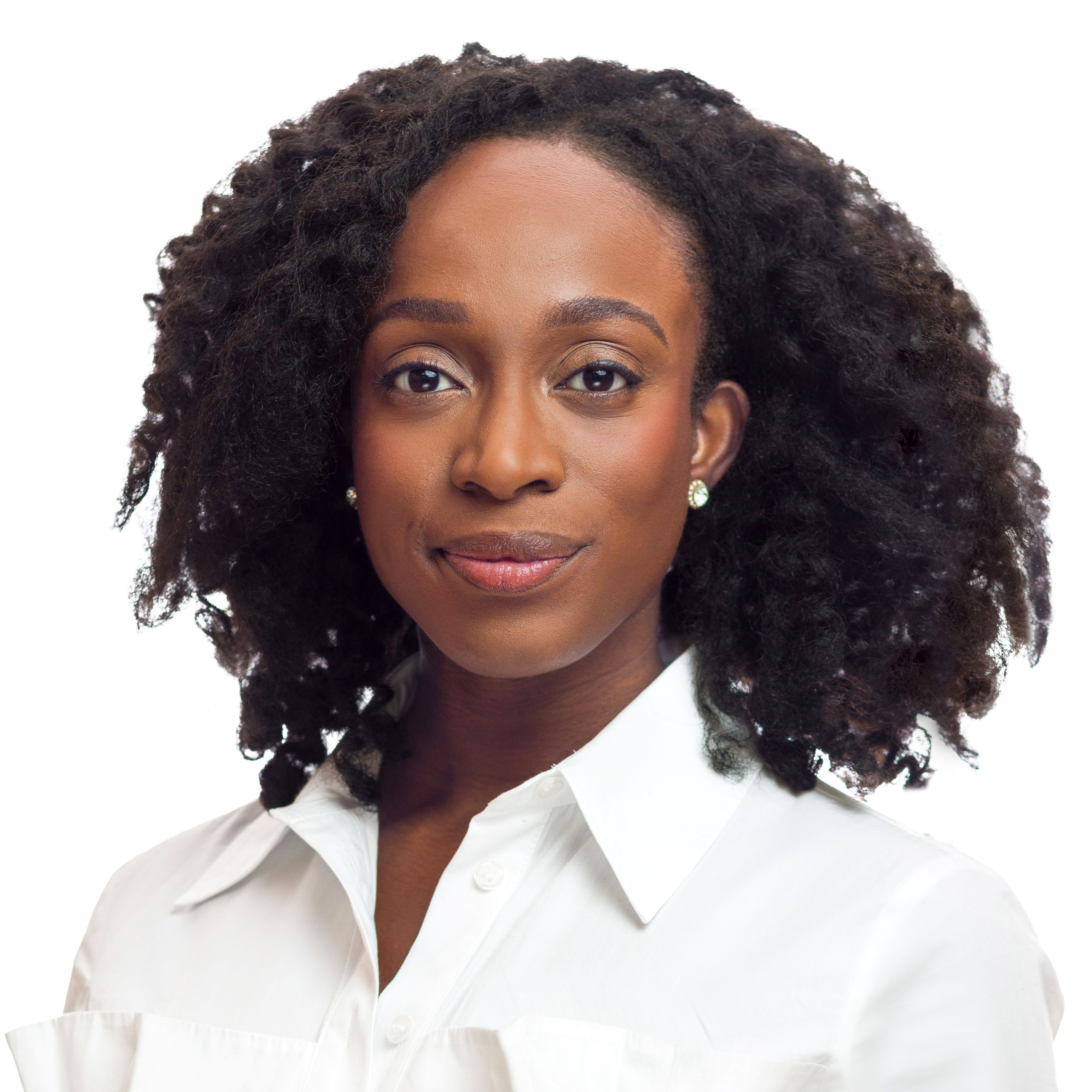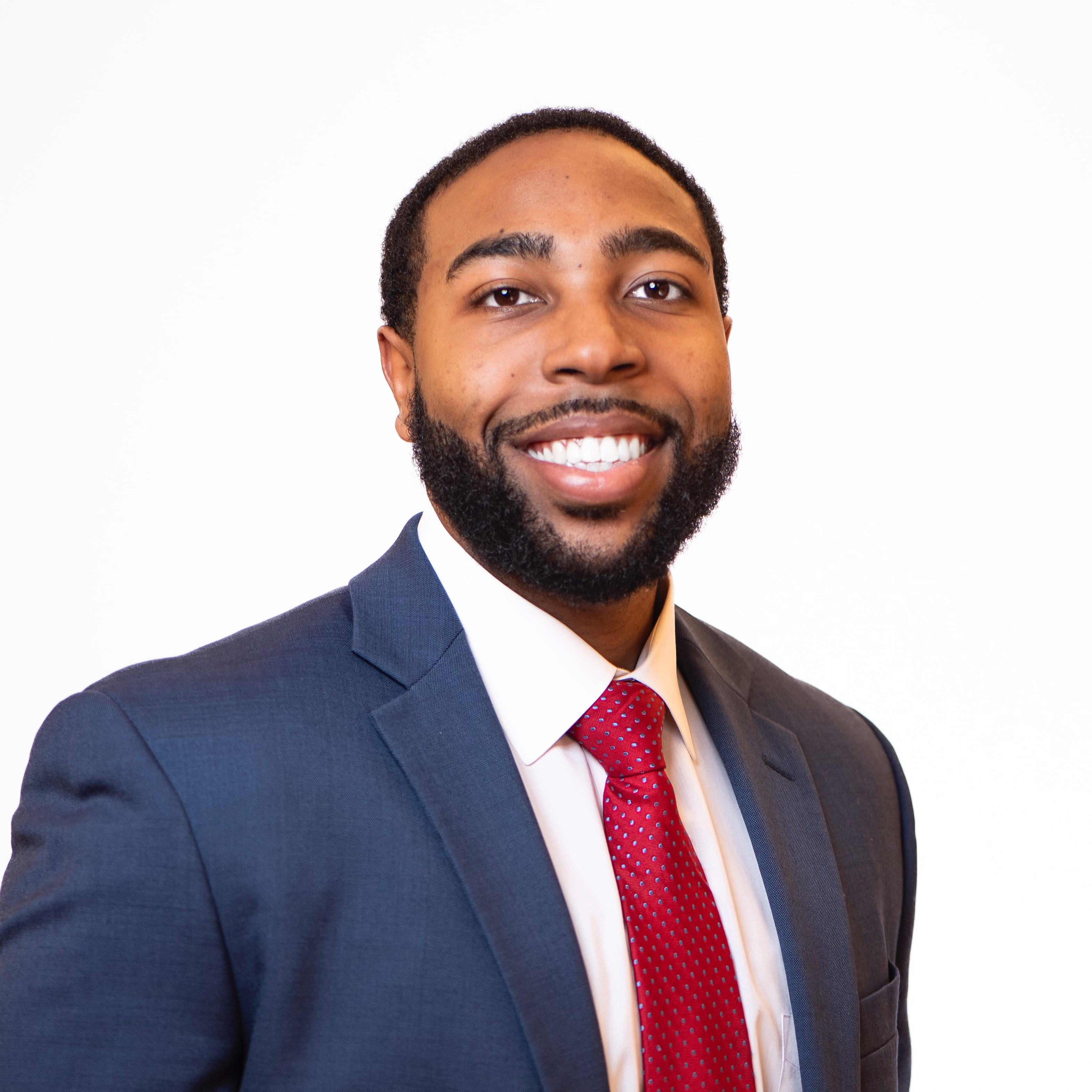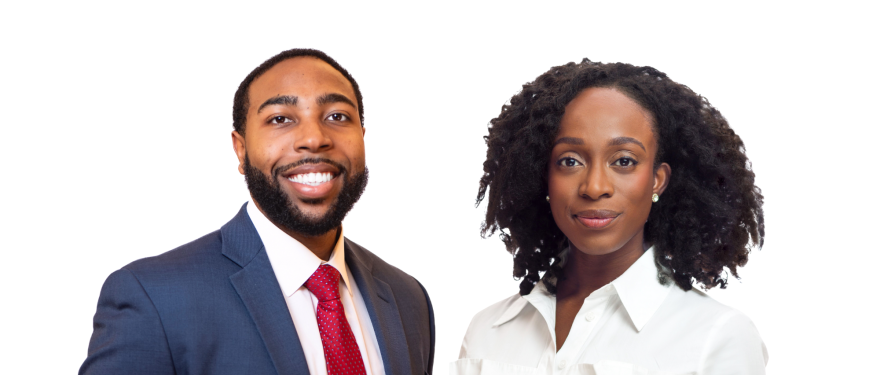The HBS African American Student Union (AASU) aims to create a close-knit community for its members from the time they choose to join HBS, through their transition to the second year, and beyond graduation. In this feature, we highlight the experiences of two AASU members, and learn more about their journeys before and during the MBA program.
Sandra Tsikor (MBA 2025)

Where is your hometown?
I was raised in Tema, Ghana and moved to New York City when I was 8 years old.
What was your pre-MBA industry and role?
Prior to HBS, I completed a Princeton in Africa fellowship with the African Leadership Academy in Johannesburg, South Africa. Following this experience, I joined Deloitte as a consultant, supporting the public sector and providing pro bono services to global social enterprises through Halcyon and FINCA International. A year before attending HBS, I transitioned into strategy consulting for foundations and nonprofits with the Monitor Institute by Deloitte.
What has been the highlight of your HBS experience thus far?
HBS has been the greatest learning experience for me. I feel privileged to have the opportunity to learn from my diverse and insightful classmates, as well as from leading figures in various fields. This includes socially impactful alumni leaders like Kwame Owusu-Kesse of the Harlem Children Zone and media leaders like Oprah, who openly share their personal and professional lessons with us. I’ve also been able to facilitate my own learning from similar leaders by co-directing and moderating the fintech and financial inclusion panel for the 2024 Africa Business Conference. With my co-director, we drafted the objectives and summary of the panel based on trends in the field and sourced senior executives in both telecommunications and fintech startups. To have direct engagement with these leaders and then facilitate knowledge sharing with attendees is not an experience I take for granted.
What are your post-HBS goals? What are the social issues you want to help tackle?
Post HBS, I want to transition into a role at a fintech company focused on financial inclusion. I believe in the power of innovative and human-centered technology that can alleviate poverty by providing vulnerable populations with access to financial services including insurance, savings, or lending that can be life changing and saving. In the longer term, I want to become an expert in the field consistently learning and shaping the evolution of solutions.
Kirt Matthews (MBA 2025)

Where is your hometown?
My hometown is Elkhart, Indiana.
What was your pre-MBA industry and role?
Before HBS, I worked in consulting as a Strategy Consultant at Accenture Strategy. Prior to that, I interned in investment banking at Goldman Sachs.
What has been the highlight of your HBS experience thus far?
The highlight of my HBS experience so far has been learning from and connecting with my section (shout-out to Section B!). Each day, I have the opportunity to grow by listening to 90+ diverse perspectives on business problems and social challenges. Inside the classroom, the section experience enables a safe space for learning, vulnerability, and personal development. Outside of the classroom, the section experience is a second home allowing me to build lasting friendships with classmates.
Outside of the AASU community, I’ve enjoyed representing my section as a Section Senator. This role enables me to collaborate with fellow Senators and HBS leadership to create a more equitable, inclusive, and student-focused community.
What are your post-HBS goals? What are the social issues you want to help tackle?
After HBS, I want to pursue a career in social impact investing. I believe this career path enables me to combine both my professional experiences and personal passion. Despite being passionate about many societal challenges, I’m most interested in aiding the closure of the racial wealth gap for Black Americans. According to the U.S. Federal Reserve, Black Americans account for ~15% of the U.S. population, but only hold ~3% of U.S. wealth. I believe this disparity, caused by many historical factors, is largely continued by a lack of access to resources. By investing in affordable housing nationwide, high-quality education in predominately underserved communities, and many other initiatives essential to accelerating Black economic mobility, I believe firms can reverse the wealth gap trend dramatically, while continuing to make financial returns. In my career, I hope to positively impact the racial wealth gap through deploying capital to people, institutions, and communities who most need it, while advocating for structural change for those who won’t be heard.

